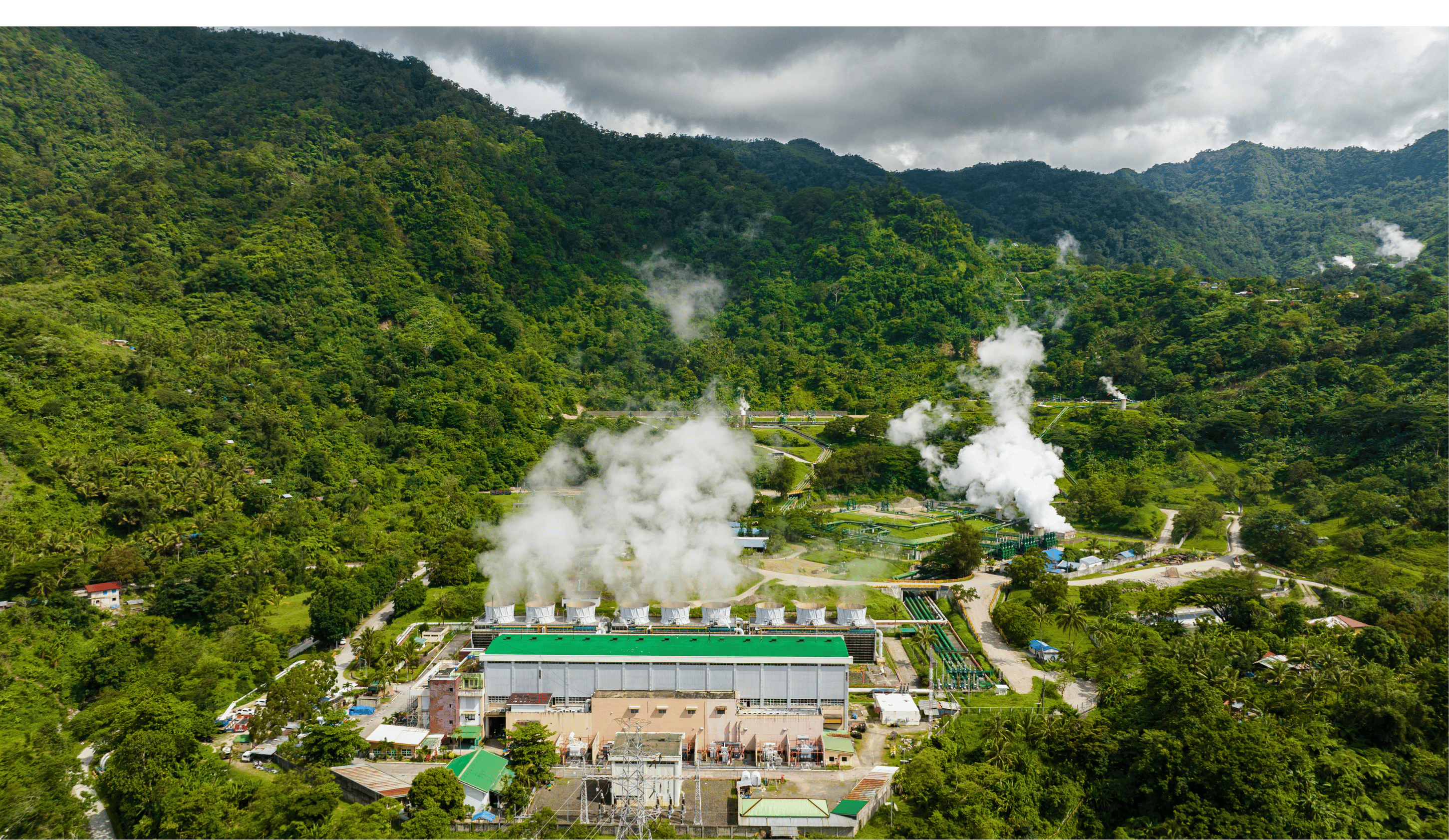The role of geothermal energy within energy systems and decarbonisation plans
Core geothermal energy strategies

How to start your career in geothermal energy
Study the fundamentals: pursue degrees or certifications in renewable energy, earth sciences, or engineering. Online courses in geothermal technologies are increasingly available.
Gain field experience: internships with geothermal firms or energy consultancies provide hands-on knowledge.
Attend industry events: conferences such as the European Geothermal Congress are ideal for networking and learning.
Explore interdisciplinary roles: geothermal energy spans geology, engineering, policy, and business—find your niche.
Stay updated: follow developments in geothermal policy, innovation, and regional expansion. Organisations like the International Geothermal Association can provide you with an overview of policy offer valuable resources and insights into global geothermal energy advancements, policy frameworks, and regional developments.
Career opportunities in geothermal energy

Geothermal geologists: specialists in mapping underground heat sources and resource modelling.
Reservoir and drilling engineers: technical experts designing subsurface systems.
Environmental analysts: ensuring geothermal projects meet sustainability and compliance standards.
Project managers, commercial managers and financial analysts: coordinating large-scale development, commercial contracts and investment.
GIS and data analysts: using digital tools to improve exploration and system monitoring.
How BVerda supports your career in the Geothermal energy sector?
At BVerda, we are committed to helping individuals grow careers in sustainable energy, including geothermal.
Our programs offer:
1. Insight into in-demand renewable energy and other sustainability roles, including in the geothermal and related sectors.
2. Personalised career coaching and training, preparing our members to enter or transition into their chosen careers.
3. Access to a network of industry professionals and innovators, helping our members stay ahead of emerging trends and opportunities.
By embracing geothermal energy, professionals can help power a low-carbon future while building dynamic and meaningful careers.
Article written by:
Charlotte Ratcliffe and Lana Solesen, BVerda



